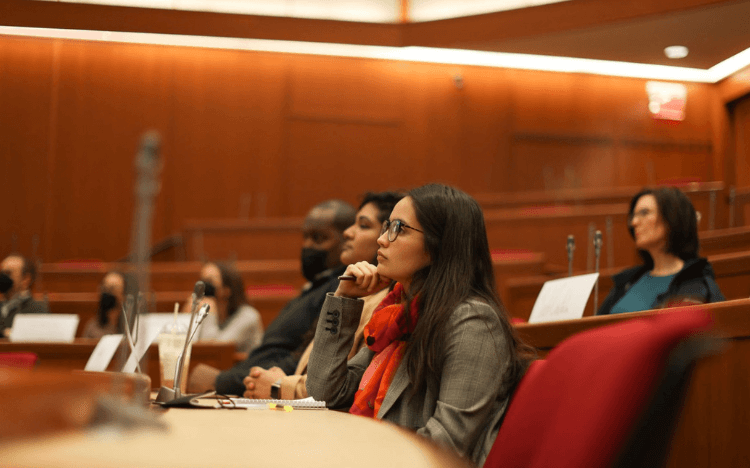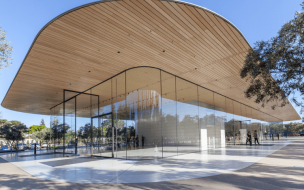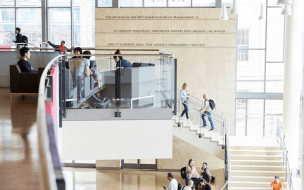The course, which is taught to second year Harvard MBA students, took place last year with the new addition of an AI chatbot powered by the same technology as OpenAI’s ChatGPT. Named ‘ChatLTV’, the digital assistant was available to help students with coursework and case study elements.
Developed by Jeffrey Bussgang, senior lecturer in the Entrepreneurial Management Unit at HBS and a former entrepreneur and venture capitalist, Bussgang even trained the tool to be able to tell students administrative information such as when professors’ office hours were available.
HBS MBA student Jaron Wright, who was one of 250 students enrolled in the class, said in a recent interview with the Boston Globe that working with the AI tool was similar to having 24 hour access to Bussgang himself.
With Bussgang having trained the bot to be familiar with the case studies that students encountered throughout the course, the tool helped to quickly overcome the basics and delve into the central problems brought by the case, Wright said. Though, he added, it would not provide the answers.
“It was the ability to change the variables and see what affected the outcome most. And then I got to the point where I’m actually utilizing my brain,” he said.
The bot was trained using a variety of materials, including two books, more than 50 case studies, and various spreadsheets and presentations.
The small team that Bussgang assembled to write the code—around 17,000 lines in total—trained the bot to only offer up answers based on its input data, in direct contrast to ChatGPT, which will make up an answer if it doesn’t have one readily available. Instead, ChatLTV will provide a blank response.
To protect the privacy of the case study information, Bussgang opted to use a generative AI tool reliant on the Microsoft Azure cloud service, rather than ChatGPT itself.
HBS has indicated that wider use cases for AI in teaching are being explored. Today, Bussgang’s experiment is one of many instances of generative AI making it into the business school classroom.
France’s NEOMA Business School uses deep fake AI technology to generate avatars in the classroom, allowing students to simulate learning from the likes of Steve Jobs and Greta Thunberg.
MIT Sloan School of Management, one of the prestigious M7 business schools alongside Harvard, recently launched two mini courses teaching the implementation of artificial intelligence strategies in business.








